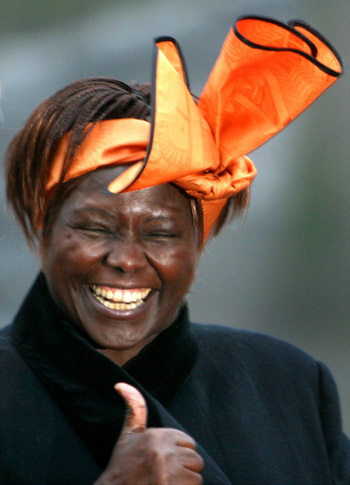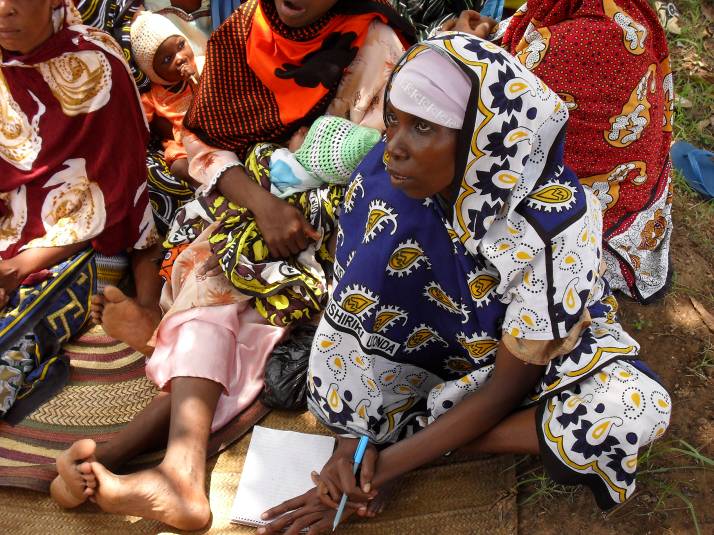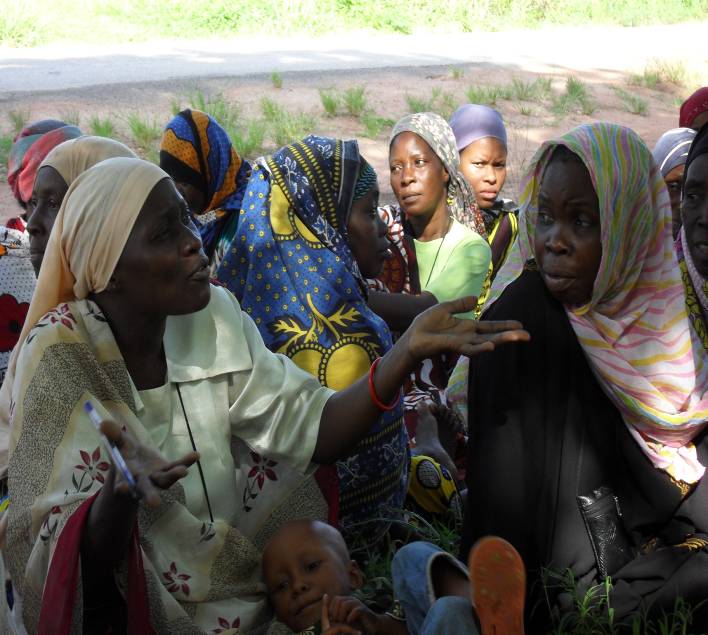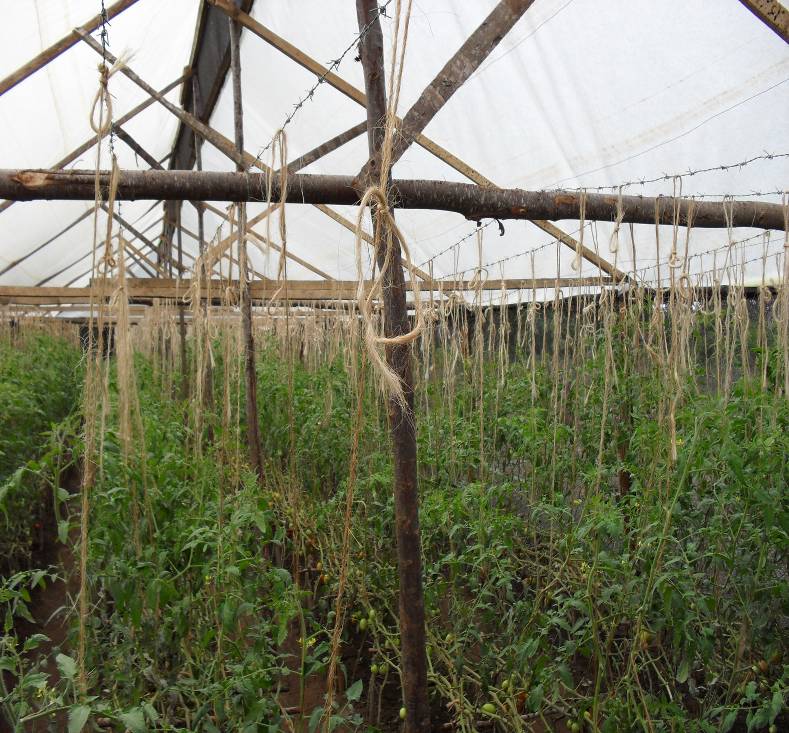|
CREATING AWARENESS TO THE GRASSROOT WOMEN ON CLIMATE CHANGE AND THE 54TH SESSION OF THE UNITED NATIONS ON THE STATUS OF WOMEN “When I think about climate change, I think about lives, and how they have been destroyed and shattered….” Said Menuri Pango, a grassroot woman in Waa Location, South Coast. Though they see the consequences of climate change affecting their day to day lives, most of the grassroots women in the rural areas have hardly heard about climate change and the conventions going on globally about this vice. Coast Women In Development- CWID and Eco-Ethics Kenya went out to the grassroot women in Manju Village, Mlalani Location and Kombani, Waa Location both situated at the Southern Coast to find out if the women living in those areas were aware of the climate change and its disaster risks and also to create awareness on the same.. Manju Women. We had 24 women all from one women group- Bidii Women group. At first they could not define what climate change was and had not heard about it from any other organization or institution before. They had not even heard about our own Ecologist and the 2004 Nobel Peace Prize winner Laureate Wangari Maathai who was honored for her contribution to sustainable development, democracy and peace. None was aware of Beijing Platform for Action neither of the sessions of the United Nations on the status of women.
They had not even heard or met participants of the Beijing Declaration and Platform for Action from all the other conventions that had been held Globally, but when CWID’s officers, Ms.Betty Sharon, Ms. Aisha Mambo and Eco Ethics’ Mohamed Omondi enlightened them about the conventions and the risks emerging from climate change, the women were able to define and outline the causes and effects of CC. Guided by a questionare, they responded as follows:
Prof. Wangari Maathai. Causes of CC
Effects of CC seen in Kenya for the past ten years. -Hunger -Lack of traditional medicine -Diseases -Low mortality rate -Poverty -Floods and droughts -Deaths -Threats of livelihood to women. To combat CC they suggested the government and other stake holders to:
Since they felt that grassroots women have not been fairly represented in the conventions, they needed the Kenyan women representing them to bring back the feedback to the rural areas. They also felt the need for the conventions to incorporate grassroots women.
Mwanaisha Shee from the Manju Community listening and taking notes on CC and the UNSW teachings.
They suggested that grassroots women can help improve the climate by coming up as groups and educating each other on the importance of environment sustainability. If they can acquire funds then they can plant more trees. The Manju women felt they needed to have strong women leaders to spearhead the fight on climate change impacts since they did not have any in the constituency, they once voted in a Member of Parliament but was later voted off by her male counterparts and later replaced by a man. They revealed that 50% of the women in their region are not empowered enough to entrust their votes to their fellow women leaders thus giving out their votes to men, the remaining 50% are incapable of voting and winning a seat for another woman leader as they must vote to the candidate chosen by their husbands.
Kombani Women They were also 24 in number from five women groups. -Kazamoyo Women Group -Yamuelea Women Group -Korosho Community -Saramwenga Women Group. -Mkulima Women group They were abit enlightened, some of them had heard about Climate change before. When our facilitator asked what comes in their minds when the CC is mentioned one of them, Menuri Pango said, ‘When I think about climate change, I think about lives, and how they have been destroyed and shattered….” Causes
The effects of CC that they have seen in the past 10 years are;
Five out of the 24 women had heard about the Beijing Declaration Stand on women and they could proudly count a number of women leaders in the parliament. They also have some women councilors, Chiefs and Assistant Chiefs, their District Officer is also a woman. They have been very optimistic to vote in a woman in any leadership position provided the woman will deliver and fulfill the promise she made to the grassroots women. They however revealed that their local leaders had done nothing to address climate change in their region. They believe that if the rural women come together in groups and educate each other on climate change, a major positive difference will be observed. To combat CC, Kombani women suggested that the government and stakeholders should; Bring down education to the grassroots people at the rural areas because they are the most vulnerable to CC but have less education on how to respond and protect themselves from the disaster risks.
Greenhouse project for the Milalani women where they have planted tomatoes in the nursery, the greenhouse is their income generating project.
Recommendations. CWID and Eco Ethics observed that the women had a quest for more sensitization to be enlightened to issues related to climate change and its disaster risks. The women also need exposure to the deliberations going on in the conventions. They actually need to be represented and be part of the discussions. The government and stakeholders should avail more funds to address issues on CC and reach out to the grassroots people living in the rural areas. Apart from CC, the women also need awareness on women and children rights, the women in Manju community were not even aware that children rights existed and that their culture still looks down upon the girl child. CWID and Eco- Ethics Kenya looking for funds to do a workshop early next year- 2010 where the women will be trained on UNSW and CC issues and also be involved in airing their views on CC prevention and response.
|
 The women revealed that not even their local leaders had ever educated them on anything concerning UNSW and climate change and its disasters.
The women revealed that not even their local leaders had ever educated them on anything concerning UNSW and climate change and its disasters.

